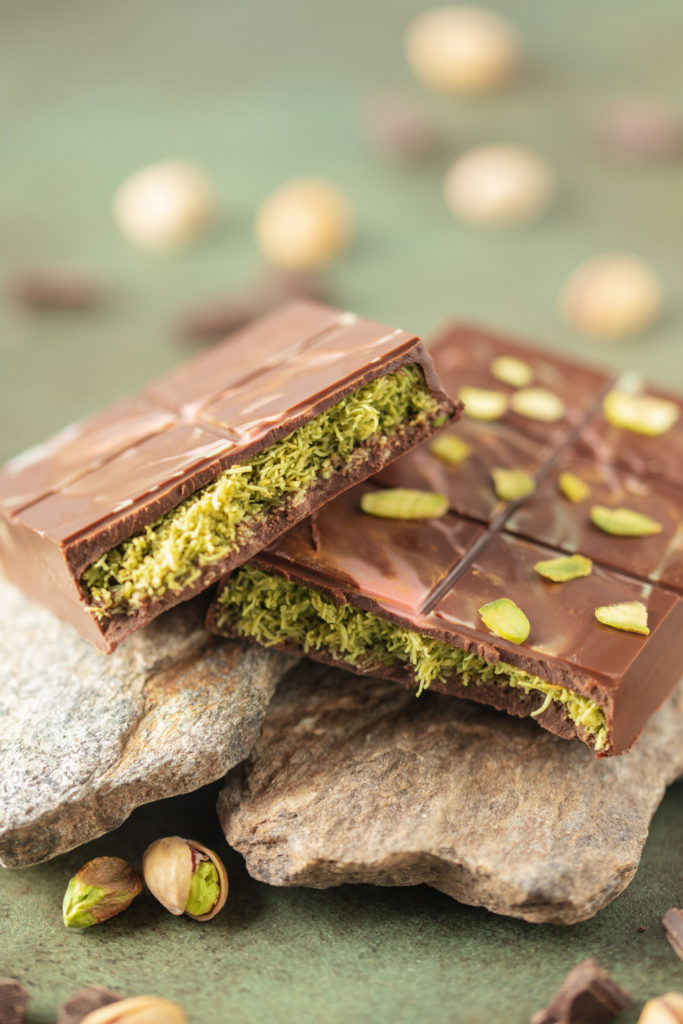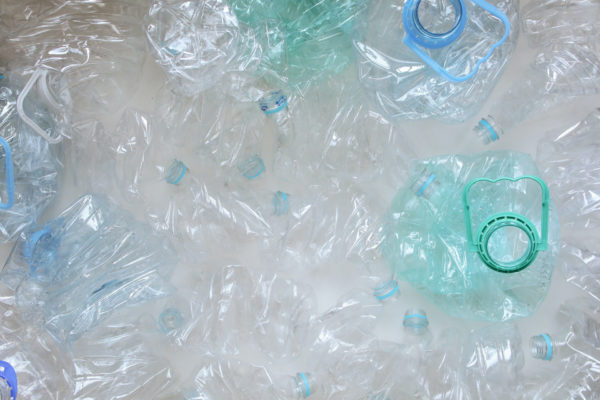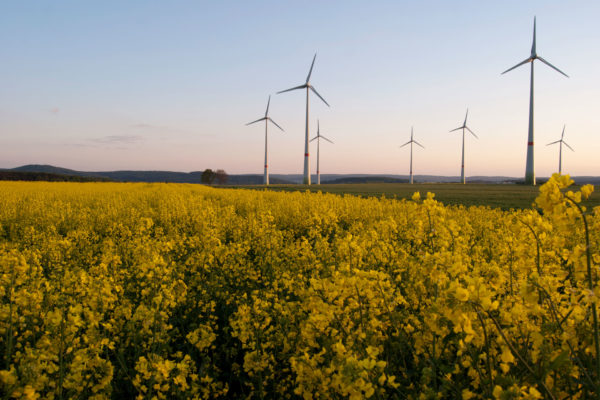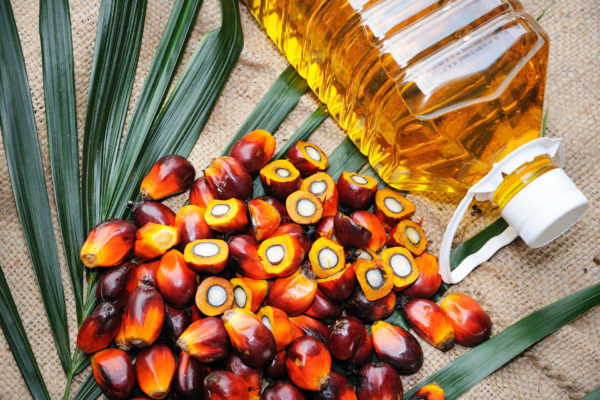Compost Week 2023: What Is Composting?
By
2 years ago
A guide to home composting
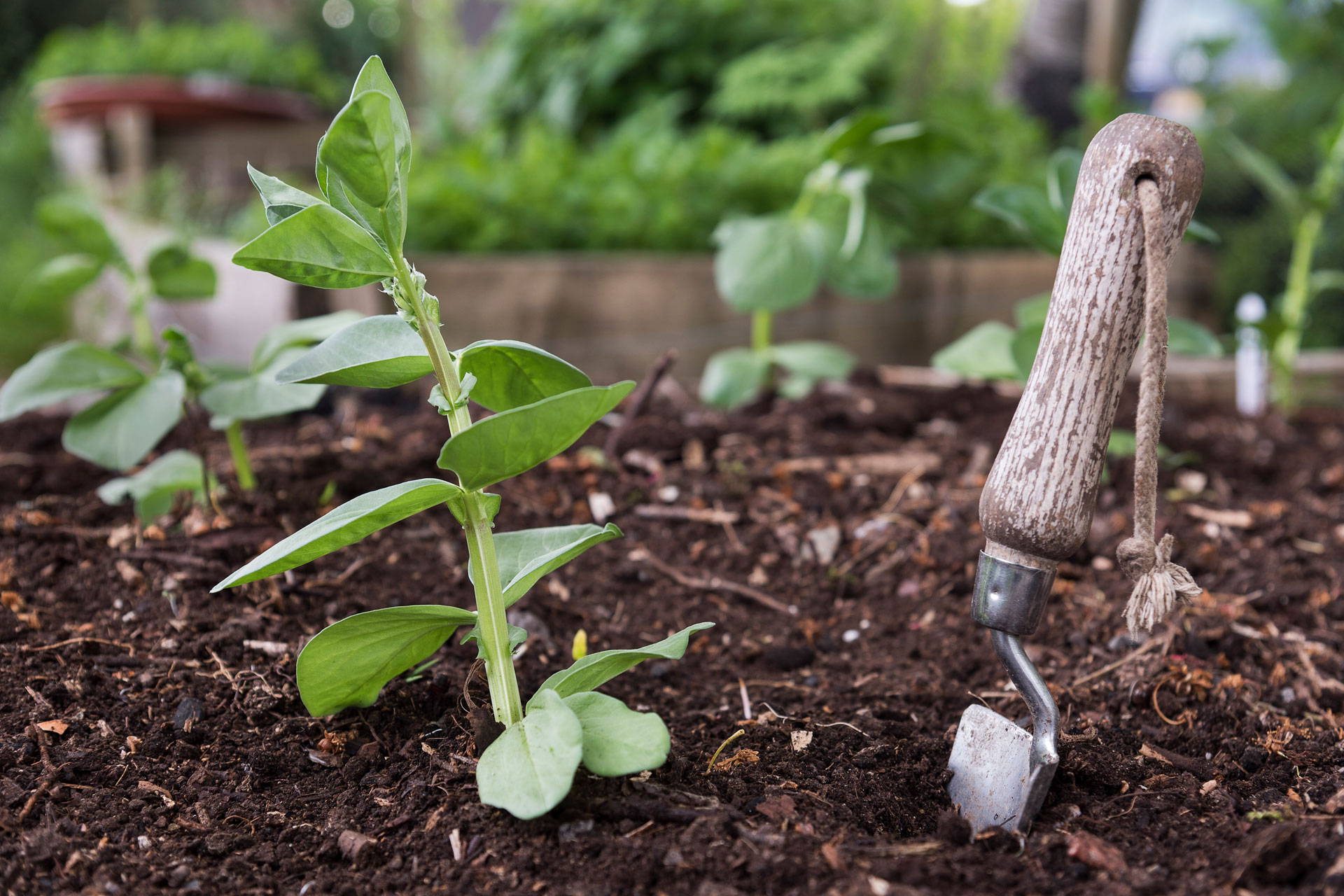
According to new research, almost half of the food waste found in the average rubbish bin could have been composted. Yet composting is an inexpensive, easy way to recycle organic waste – and it has a whole host of other benefits. So what does the process actually involve, and how is it done? This Compost Week (13 – 19 March), we take a closer look.
A Guide To Composting
What is composting?
Composting is a natural process for recycling organic materials. Essentially anything that grows can be composted, from fruit to coffee filters – and although these products will all eventually decompose over time, it speeds up the process by providing an ideal environment for bacteria.
What are the benefits?
First and foremost, there are huge environmental benefits. By composting instead of throwing things in the bin, you’re allowing waste to return naturally to the earth instead of going to landfill. According to Recycle Now, doing so at home for a year can save global warming gases equivalent to all the CO2 your kettle produces annually.
The process will also benefit your garden, as compost (decayed organic matter) can be used as a nutrient-rich food product for soil. It can help improve soil structure, maintain moisture levels and ensure its pH is kept in balance – reducing the need for chemical fertilisers.
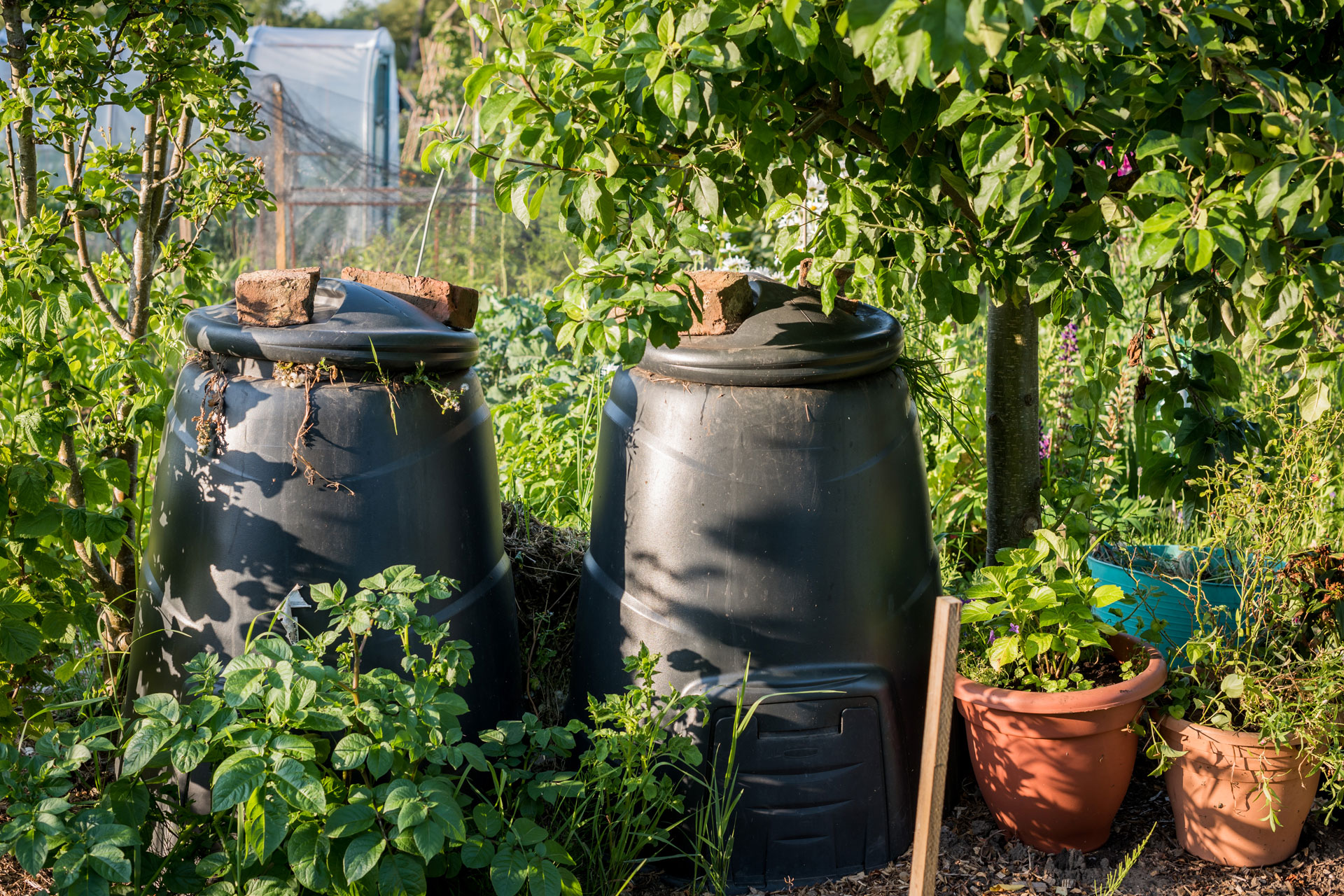
Getty Images
How do I compost?
Begin by investing in a compost bin, or by simply creating a heap. The RHS recommends placing it in light shade, and ideally directly in the soil to allow drainage. If you have to compost on a hard surface, add a spadeful of soil to the bin or heap.
In terms of what to put in it, aim for between 25 and 50 per cent soft green materials, such as vegetable kitchen waste or grass clippings. The rest should be woody brown material like paper, cardboard or wood chippings (more on this below). It’s also advised to avoid having one material dominate the heap. Once a month, the RHS recommends turning the heap to introduce air. You should water the pile regularly, but don’t add too much water as this can result in rotting.
What can be composted?
You can separate compostable products into two main categories: nitrogen-rich waste (green) and carbon-rich waste (brown). Here are some ideas.
Green:
- Grass clippings
- Annual weeds
- Nettle leaves
- Fruit and veg peelings
Brown:
- Cardboard
- Sawdust
- Prunings
- Paper/newspaper (loosely scrunched up)
- Paper towels
- Hedge trimmings
Don’t add:
- Cooked food
- Raw meat
- Diseased plants
- Dairy products
- Anything containing oil, fat or grease
When your compost is ready, you’ll have a soil-like layer at the bottom of your bin, which can be spread across your flowerbeds.



